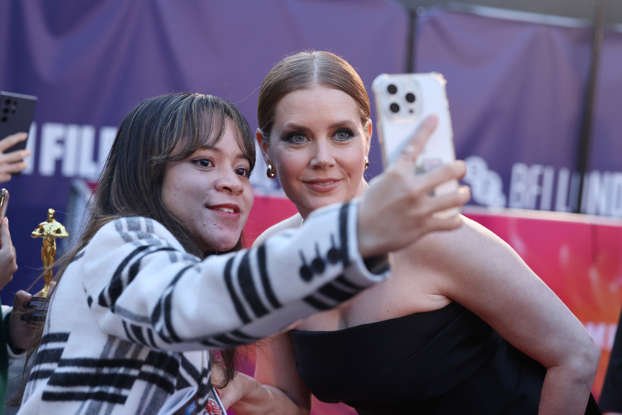The rise of social media has transformed celebrity culture, shifting power from traditional media to digital platforms. In the past, magazines, TV interviews, and red-carpet events were the primary ways celebrities interacted with the public. Now, Instagram, TikTok, and Twitter allow celebrities to engage directly with fans, control their narratives, and even build their brands without relying on Hollywood studios.
One significant change is instant access. Fans no longer have to wait for tabloids or exclusive interviews—celebrities share updates in real-time. This creates a sense of authenticity, making them feel more relatable. Platforms like TikTok and YouTube have even created new stars overnight, proving that one viral moment can launch a career.
However, the downsides are equally powerful. Celebrities now face constant scrutiny, with every post, comment, or tweet dissected by millions. Cancel culture has also become a major factor, where one misstep can lead to severe backlash, endorsements being pulled, or even career-ending consequences.
Another impact is the shift in how fame is measured. It’s no longer about box office numbers or music sales—engagement metrics like followers, likes, and shares now determine a star’s influence. Even traditional actors and musicians must maintain a social media presence to stay relevant.
While social media has given celebrities more control, it has also made their lives more public than ever. In this digital age, fame is no longer just about talent—it’s about how well you navigate the online world.


















Samuel Boafoh
Cool
Polina
Very nice